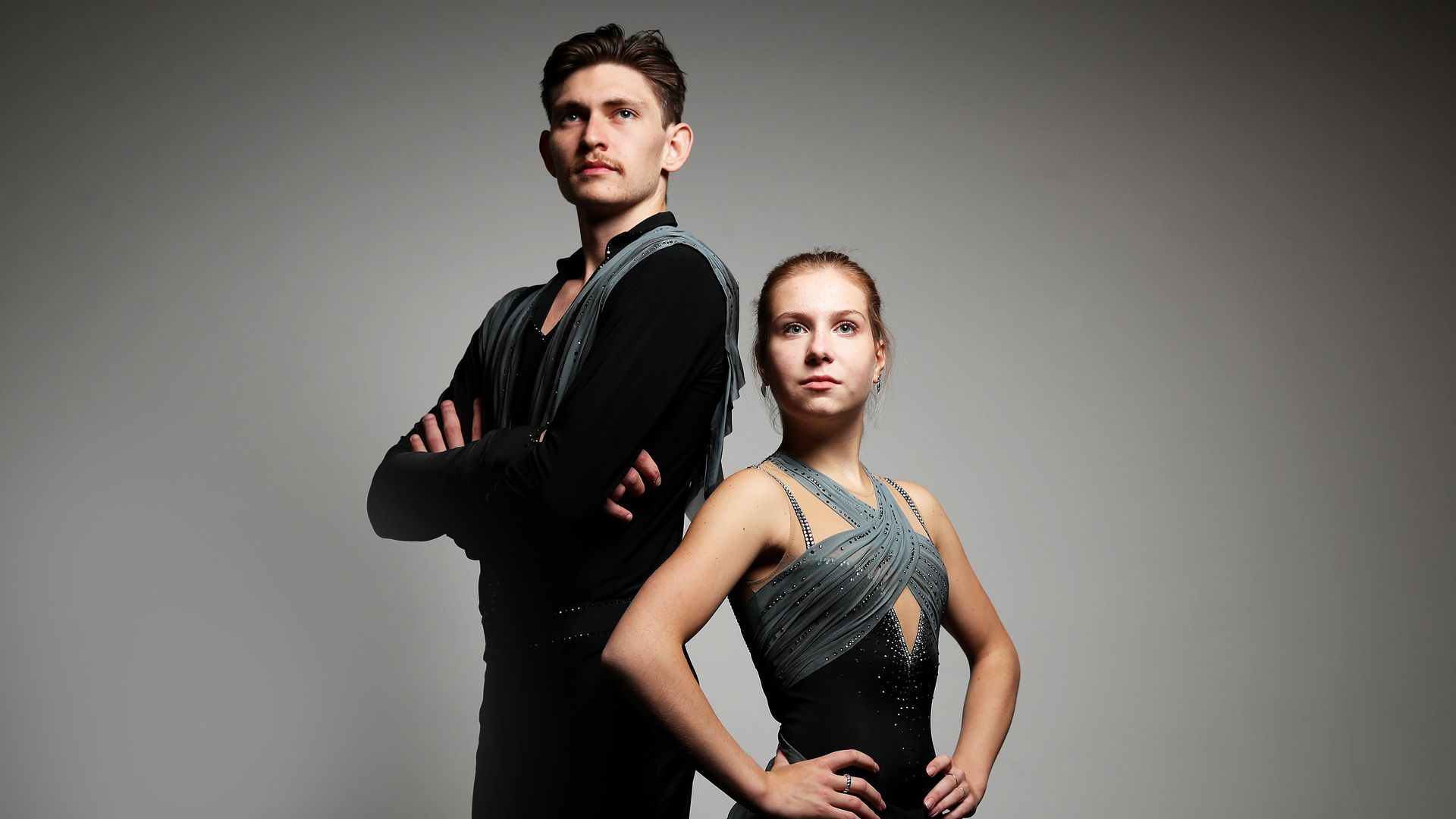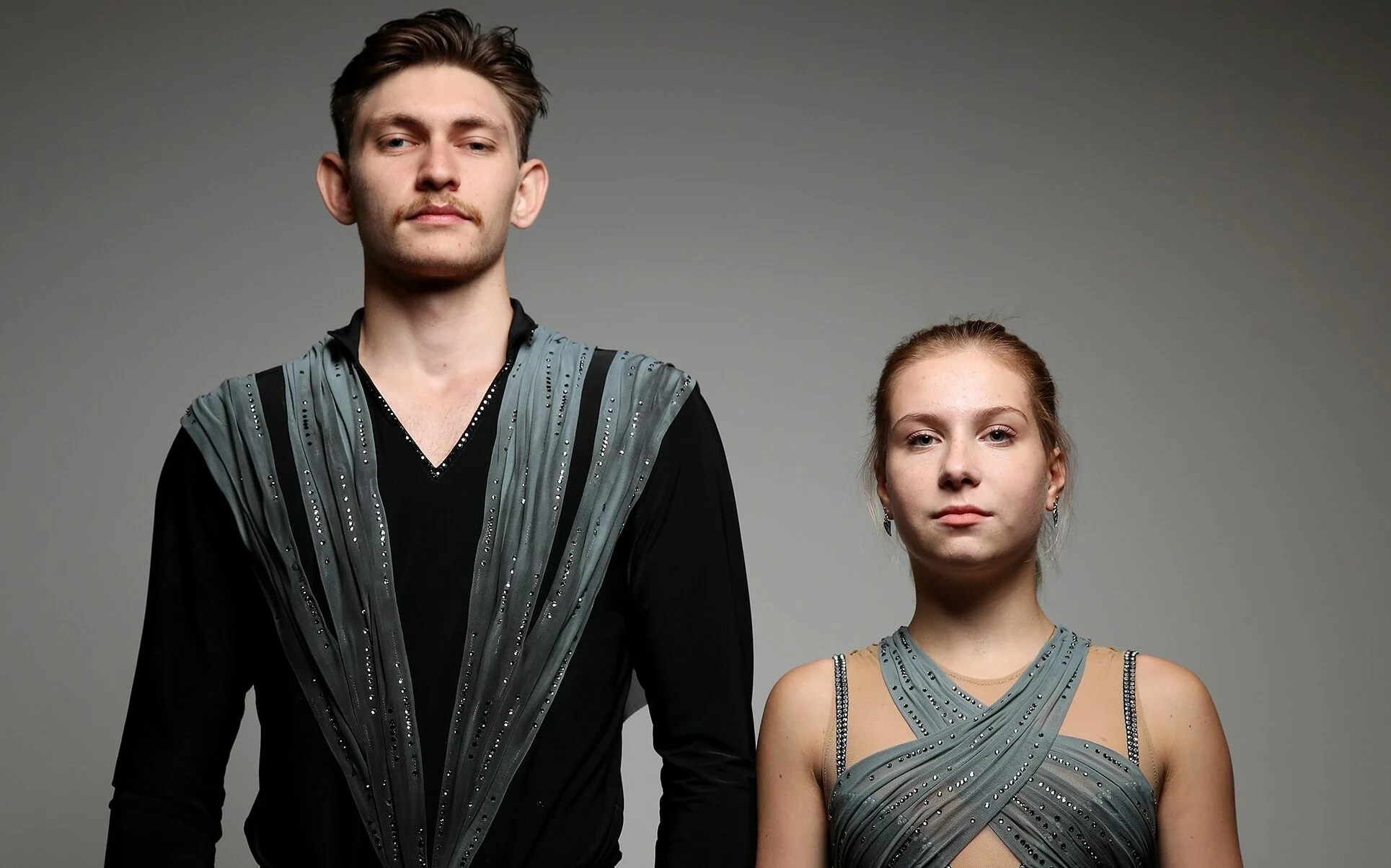Sylvia
Flight #5342: I Will Remember You
- Messages
- 85,970
Based on the comments from those who have watched this new documentary (starting here in the Australian news thread: https://www.fsuniverse.net/forum/threads/australian-skating-news.98953/page-55#post-6354736), I thought it was worth creating a separate thread for higher visibility and, hopefully, constructive discussion if/when more people are able to watch it.
Preview: https://www.youtube.com/watch?v=MgZUh-8SWbo
A VPN currently is needed to watch outside of Australia (registration of a free ABC.net Account also required):

 iview.abc.net.au
iview.abc.net.au
More details on the content (article before the film premiered earlier today in Australia):

 tvblackbox.com.au
tvblackbox.com.au
From one Australian viewer: https://twitter.com/JackHigh4/status/1602263744142155777
"Harley and Katya is far and away in the top category of @ABCTV production. Brilliant examination of so many cultural,sport, health and social issues. The triumphs and tragedy of two young people passionately pursuing their chosen sport against so many odds. Must watch ABC Iview."
Preview: https://www.youtube.com/watch?v=MgZUh-8SWbo
Australia’s first Indigenous Winter Olympian Harley Windsor and Russian born Ekaterina Alexandrovskaya, an unlikely pair of figure skaters who found great success on the ice, but also met great tragedy. Their story reveals the price paid by athletes in the quest for Olympic gold.
A VPN currently is needed to watch outside of Australia (registration of a free ABC.net Account also required):

Harley & Katya
The compelling story of Indigenous Australian Harley Windsor and Russian skater Katya Alexandrovskaya, an unlikely pair of figure skaters who achieved unprecedented success. Winner of International Emmy Award. (2022)
More details on the content (article before the film premiered earlier today in Australia):

FIRST LOOK | Powerful sports documentary special HARLEY and KATYA arrives tonight on ABC
This is the story of what both pushing themselves and others pushing them led to.
 tvblackbox.com.au
tvblackbox.com.au
Figure skating is particularly dangerous for females. They are the ones flung into the air while performing acrobatics, which makes them most at risk of injuries, including concussion.
In February 2018, Harley and Katya finish a disappointing eighteenth in Korea.
Katya is asked to leave the Pachin household because of her drinking. She refuses to be coached by Andrei any longer.
With the pair being touted as a medal chance for the 2022 Games, the OWIA provides additional funding – and a plan to send Katya and Harley to Montreal for training. The move is not a great success. Injuries plague Harley on their return and the OWIA withdraws two-thirds of their funding.
Katya collapses in early 2020, not for the first time. She is diagnosed with epilepsy and told to give up skating. Her physical condition has been weakened by diuretic pills, energy drinks and alcohol.
In July 2020, the unthinkable happens.
From one Australian viewer: https://twitter.com/JackHigh4/status/1602263744142155777
"Harley and Katya is far and away in the top category of @ABCTV production. Brilliant examination of so many cultural,sport, health and social issues. The triumphs and tragedy of two young people passionately pursuing their chosen sport against so many odds. Must watch ABC Iview."
Last edited:


